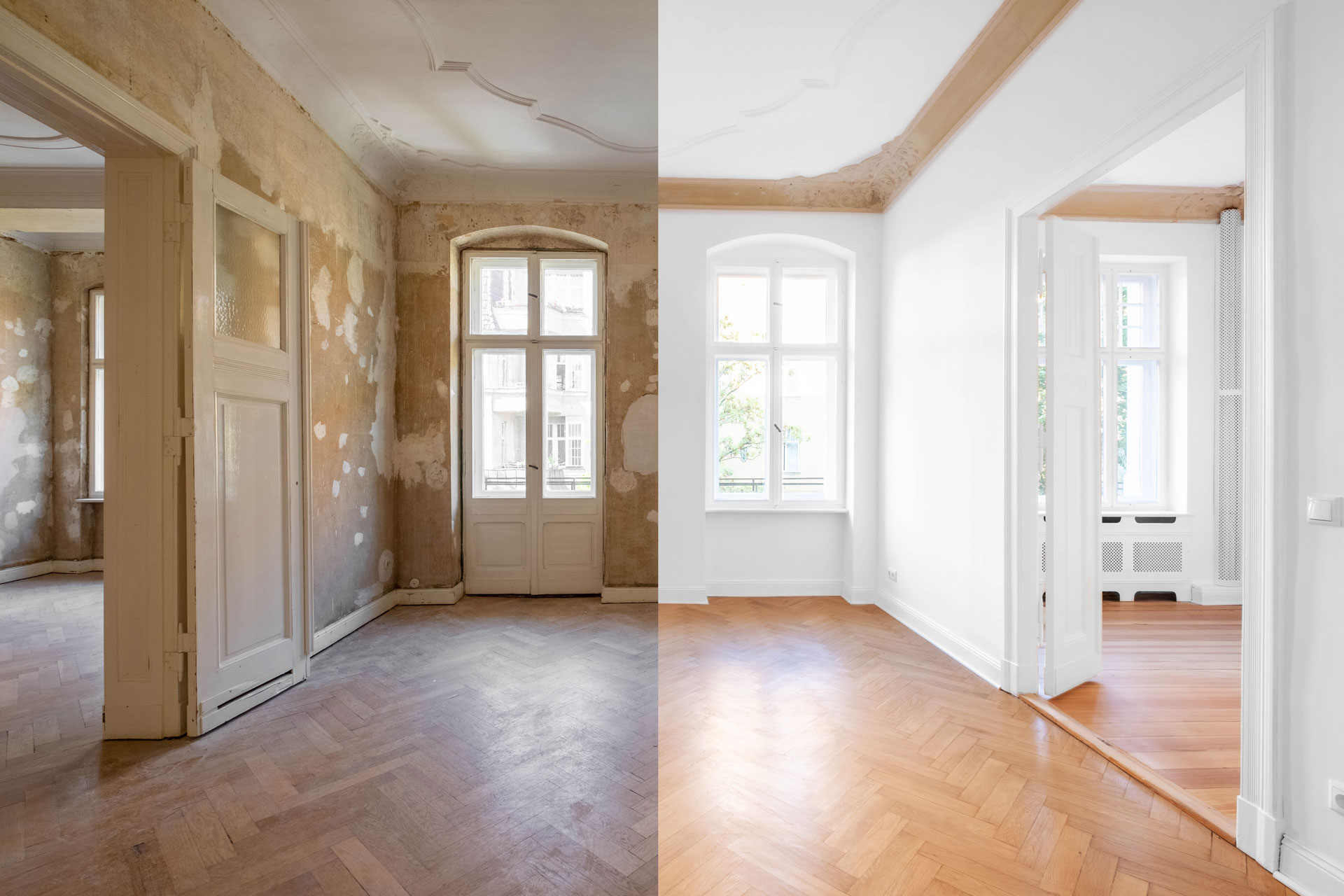1. What is property due diligence in Spain?
It is a complete legal, urbanistic, and structural verification of the property before you sign or pay anything. It confirms that the home is legally registered, debt-free, structurally safe, and fully compliant with Spanish regulations. For international buyers, this step protects your investment and prevents costly surprises.
2. Why is due diligence so important for foreign buyers?
Because Spain’s property records, urbanistic rules, and renovation history can be complex. Many homes have unregistered extensions, old debts, hidden community issues, or urban planning irregularities. A professional due diligence review helps you buy with clarity and confidence.
3. What documents are checked during due diligence?
Typically:
- Nota Simple (Land Registry report)
- Catastral record (official land & property description)
- Deed of ownership (Escritura)
- Urban planning certificate from the Town Hall
- Energy certificate
- Community of owners’ minutes + outstanding fees
- IBI (property tax) receipts
- Utilities confirmation
- Technical reports if structural doubts exist
4. What is a Nota Simple and why is it essential?
The Nota Simple confirms who legally owns the property and whether it is affected by mortgages, liens, embargoes, easements, or litigation. It is the first document every buyer should request before making an offer.
5. Can a property in Spain be sold with debts attached to it?
Yes. Mortgages, unpaid community fees, and some taxes can remain tied to the property—not the seller. Without proper checks, the buyer may inherit these debts. Due diligence ensures all debts are identified and legally cleared before closing.
6. What about unregistered renovations or extensions?
Many properties—especially older homes—have terraces closed off, extra rooms added, or structural changes that were never declared. These can impact insurance, future sales, mortgage approvals, and renovation permits. Urbanistic due diligence checks if all works are legal, regularized, or require legalization.
7. How do urbanistic restrictions affect my purchase?
Each municipality has its own planning rules: building ratios, protected facades, flood zones, structural limitations, and usage designations (residential, commercial, tourist). Due diligence confirms what you can and cannot do—especially important if you plan a renovation.
8. What is checked in community of owners’ documentation?
We review:
- Minutes of the last 2–3 assemblies
- Planned works and costs
- Outstanding debts
- Disputes within the building
- Structural or façade issues
This helps you anticipate upcoming expenses or building-wide renovations.
9. What structural aspects should be evaluated?
Depending on the age and type of property, a technical inspection may cover:
- Foundations and load-bearing walls
- Humidity and roof condition
- Electrical and plumbing systems
- Ventilation and insulation
- Structural beams, terraces, and balconies
A technical architect may be recommended if risks are identified.
10. Is due diligence different for new builds off-plan?
Yes. Off-plan purchases require verifying:
- The developer’s legal status
- Bank guarantees for payments
- Building license (Licencia de Obra)
- Technical project approval
- Delivery timelines
- Completion certificates (when ready)
Off-plan mistakes are often preventable with a proper legal review before paying a deposit.
11. Who usually performs the legal due diligence?
An independent, licensed lawyer specialized in real estate law. Not the seller’s agent, not the developer, and not the notary. At Livin’Valencia, we coordinate the process with trusted legal partners to ensure full neutrality and buyer-first guidance.
12. How long does the due diligence process take?
Typically 5 to 15 working days, depending on the complexity of the property and Town Hall response times. Larger or older homes may require more technical checks.
13. What happens if due diligence reveals a problem?
Findings can lead to:
- Negotiating a lower price
- Requesting the seller to fix or legalize irregularities
- Adjusting timelines
- Reconsidering the purchase
The goal is not to cancel the deal, but to help you make an informed decision and avoid hidden risks.
14. Can I sign Arras (deposit contract) before due diligence?
You can, but it is safer to include a due diligence contingency clause.
This allows you to recover your deposit if major legal or urbanistic issues appear. Without this clause, cancelling may mean losing the deposit.
15. Does the notary check everything during the purchase signing?
No. The notary verifies identity and essential documents, but not community debts, urban planning status, structural issues, or hidden charges. That is why independent due diligence is essential.




